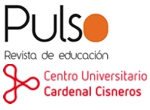Una experiencia artística de innovación sociocultural en la edificación del modernismo en Brasil: el Núcleo Bernardelli
Resumen
Resumen
El estudio analiza la importancia del Núcleo Bernardelli en la renovación socio-cultural en Brasil durante la primera mitad del siglo XX. Se demuestra su significativa contribución a la rebelión contra la hegemonía estética de la Escuela Nacional de Bellas Artes, la cual ostentaba la producción artística nacional hasta aquél momento. Dos vías destacaron en la construcción de la modernidad nacional, abriendo sus puertas a los diferentes “ismos”: La Semana de Arte Moderno de 1922 en Sao Paulo, vertiente responsable de las exigencias en el campo prioritariamente estético; y la agrupación de artistas, deflagrada por el referido Núcleo en 1931 en Rio de Janeiro, encaminada a difundir la práctica artística sublevándose contra el dirigismo académico. Éste asumió el doble compromiso de transformación estética y social para edificar el modernismo. Esta confluencia de vías resultaría en escepticismo recíproco, produciéndose una confrontación dialéctica. Se investiga como el Núcleo se adelantó a grupos homólogos que proliferaron en todo el país. Se enfoca su enseñanza artística como un proceso de transmisión cultural y promoción social, movida por praxis orientadas a las clases populares, rescatándola como episodio fundamental para la comprensión del arte moderno. A través del análisis bibliográfico y apoyándose en la teoría de la educación liberadora como transformadora social, se revela la constitución del grupo como alternativa a la enseñanza académica, promocionando el transito de ideas en el escenario del arte brasileño y latinoamericano.
Palabras Claves: Núcleo Bernardelli, modernismo brasileño, enseñanza artística, transformación sociocultural, formación artística
Abstract
This study analyzes the importance of the Bernardelli Nucleus in the social and cultural renovation in Brazil during the first half of the 20th century. The study also highlights the Nucleus’ significant contribution to the rebellion against the aesthetic hegemony of the National School of Fine Arts, which controlled artistic production at that time. Two channels, which opened the door to all the different “isms”, were of great importance in the development of national modernity: The Sao Paulo Modern Art Week in 1922, which was the stream responsible for the demands in the purely aesthetic field, and the group of artists, boosted by the Nucleus in Rio de Janeiro in 1931, which aimed at spreading the artistic practice rebelling against academic control.
The Nucleus committed itself to both aesthetic and social transformation in order to develop modernism. This confluence of streams resulted in reciprocal skepticism and led to dialectical confrontation. Likewise, we underline the advance that the Nucleus made over analogous groups which had proliferated all over the country. Its artistic teachings are interpreted as a process of cultural transmission and social development driven by practices aimed at working class people. The Bernardelli Nucleus played a fundamental role in the understanding of modern art. Through bibliographic analysis and based on the idea of liberating education, we can say that the group revealed itself as an alternative to academic teachings and promoted the transition of ideas in the Brazilian and Latin American art scene.
Keywords: The Bernardelli Nucleus, Brazilian modernism, artistic teachings, social and cultural transformation, artistic training.
Texto completo:
PDFEnlaces refback
- No hay ningún enlace refback.
 Educación artística: revista de investigación (EARI) Los contenidos de Educación artística: revista de investigación se distribuyen bajo una licencia de Creative Commons Reconocimiento-NoComercial 4.0 Internacional. Editor: Institut Universitari de Creativitat i Innovacions EducativesUniversitat de ValènciaISSN: 1695-8403 / e-ISSN: 2254-7592Depósito Legal: V-4226-2002Domicilio postal: C/Serpis, 2946022 València (España)revistaeari@uv.es |
|||
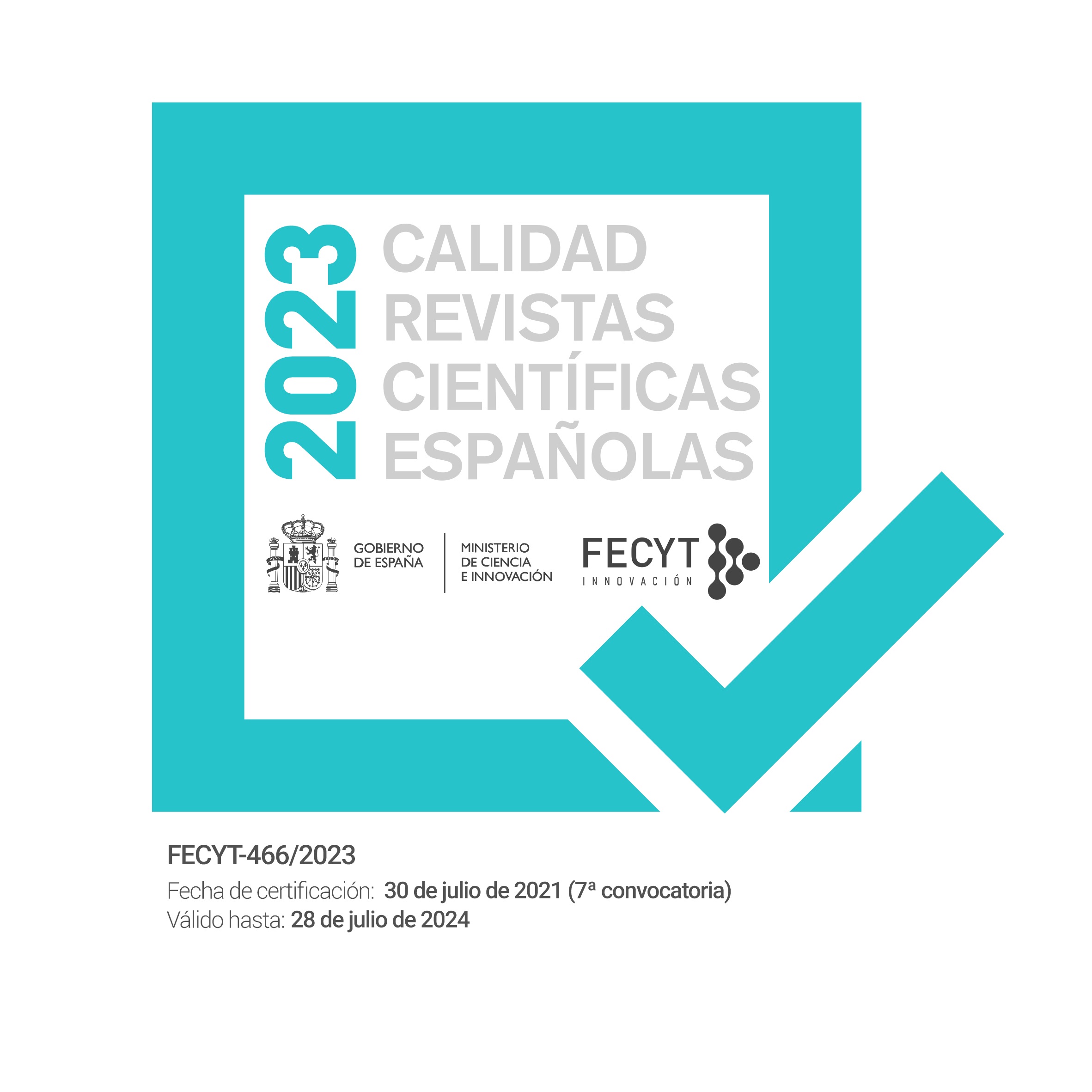 |
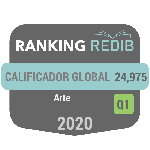 |
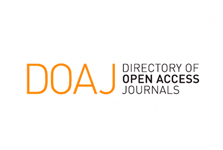 |
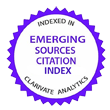 |
Revistas consorciadas

